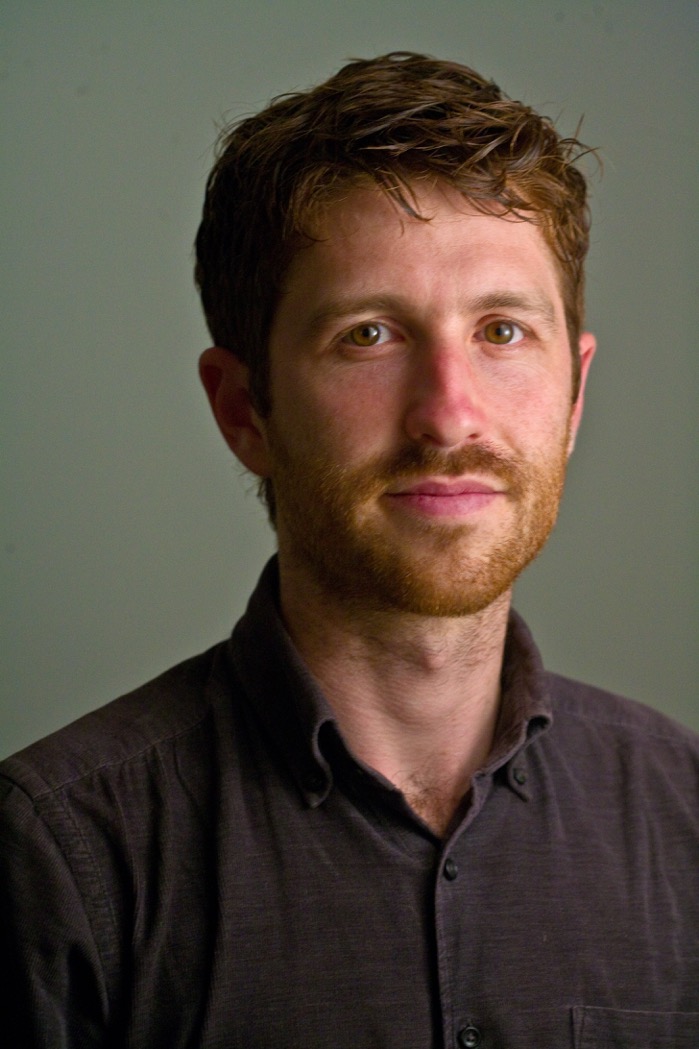Ex-Google Design Ethicist Tristan Harris on Technology and Human Downgrading
Socrates / Podcasts
Posted on: June 16, 2019 / Last Modified: June 16, 2019
Podcast: Play in new window | Download | Embed
Subscribe: RSS
 Tristan Harris is one of my heroes. And I don’t know about you but I am much more demanding and harder on my heroes. I just expect them to hold themselves to a higher standard, to know more, to do more, to be more and, perhaps most of all, to live and breathe their own message every moment. So when a hero of mine falls short of my [unrealistic?!] hopes and expectations I am rather disappointed, even heartbroken.
Tristan Harris is one of my heroes. And I don’t know about you but I am much more demanding and harder on my heroes. I just expect them to hold themselves to a higher standard, to know more, to do more, to be more and, perhaps most of all, to live and breathe their own message every moment. So when a hero of mine falls short of my [unrealistic?!] hopes and expectations I am rather disappointed, even heartbroken.
It starts with simple things, like having a fantastic podcast presciently titled Your Undivided Attention yet failing to walk your talk and provide your own undivided attention when being interviewed yourself. Getting so distracted by technology and people around you that I end up repeating unanswered questions multiple times and having to edit a number of moments out the final video. How can you ask people to give you their “undivided attention” if you are not willing or able to give your own “undivided” attention when it’s your turn?
It proceeds with what seems to me is a clear lack of understanding of what ethics means or stands for. [No, it is not about the extreme, niche case of the trolley dilemma that predominantly computer scientists are concerned with and misbelieve that ethics is about.] It peaks with a common Silicon Valley misconception of the very definition of technology, which in my view is often at the root of our consequent problems. And it winds down with a Ted Kaczynski misquote while admitting to never reading him.
It is inconsistencies and gaps like that which say a lot in my view. And, unfortunately, I can keep going with a number of other examples. But my interview was never intended to diminish Tristan Harris or his work. Especially since I completely agree with him on both the urgency and the importance of our current technological crisis. I also believe that Tristan Harris is a genuine, honest, humble, smart, eloquent and well-intentioned guy who has identified a huge problem and decided to devote his life for solving it. He has also managed to garner more public attention and bring more focus to the issue than most anyone I know. And those are all commendable things. As well as a great foundation to build on. But, after dealing with Tristan’s team for nearly a year and after doing this interview, it seems to me that neither Tristan Harris nor his colleagues are yet the people they have to be in order to make the difference that they want to make. Of course, none of us is perfect, me least of all, and so I remain with the hope that Tristan and the Center for Humane Technology would, in time, become the people that they have to be to solve the fundamental problem they want to solve. Or else we may all be screwed.
It is also very likely that I simply did an extremely poor job not only at conducting this interview but also at connecting with and especially reading Tristan Harris. Which is why I recommend that you start by watching one of Tristan’s TED talks together with his most recent Humane: A New Agenda for Tech presentation that I have attached below before you watch my interview with him. I believe that those are much better examples of what he represents and stands for.
Who is Tristan Harris?
Called the “closest thing Silicon Valley has to a conscience” by The Atlantic magazine, Tristan Harris was the former Design Ethicist at Google. He is a world expert on how technology steers us all, leaving Google to engage the issue publicly. Tristan spent over a decade understanding subtle psychological forces, from his childhood as a magician to working with the Stanford Persuasive Technology Lab, to his role as CEO of Apture, which was acquired by Google. He has been featured on 60 Minutes, TED, The Atlantic, the PBS News Hour, and more. He has worked with major technology CEOs and briefed Heads of State and other political leaders.
Tristan Harris on Singularity.FM
During my 70-minute interview with Tristan Harris, we cover a variety of interesting topics such as: Tristan’s magician background and the universal hackability of human nature; his studies at Stanford’s Persuasive Tech Lab; his journey to founding the Center for Humane Technology; high tech’s race down our brain stems and human downgrading; the definition and ethics of [persuasive] technology; Tristan’s biggest fear that tech is destroying our ability to see reality in shared ways, agree on the facts, coordinate and take action; why he believes that Silicon Valley is an existential threat; the dangers of being exponential; the possible solutions to our technological problems.
My favorite quote that I will take away from our conversation with Tristan Harris is this:
I want people to understand what’s happening and going wrong with technology as an interconnected system of harms. That we don’t have addiction or isolation happening separately from people believing in more conspiracy theories. There’s a relationship between people being more isolated and being more vulnerable to conspiracy theories on YouTube that are maximizing their attention. There’s a relationship between shorter attention spans and people only being able to say short brief things about an increasingly complex world that leads to more polarization. So there’s an interconnected system of harms that’s equivalent to social climate change that’s tilting the social fabric.
As always you can listen to or download the audio file above or scroll down and watch the video interview in full. To show your support you can write a review on iTunes, make a direct donation or become a patron on Patreon.








